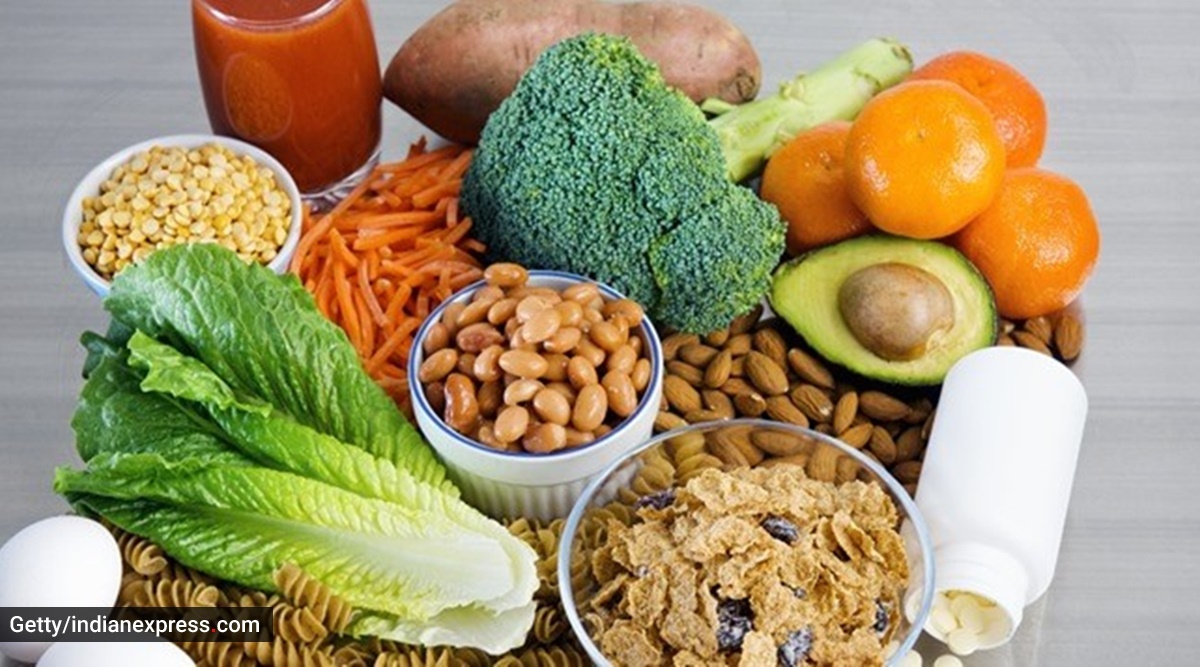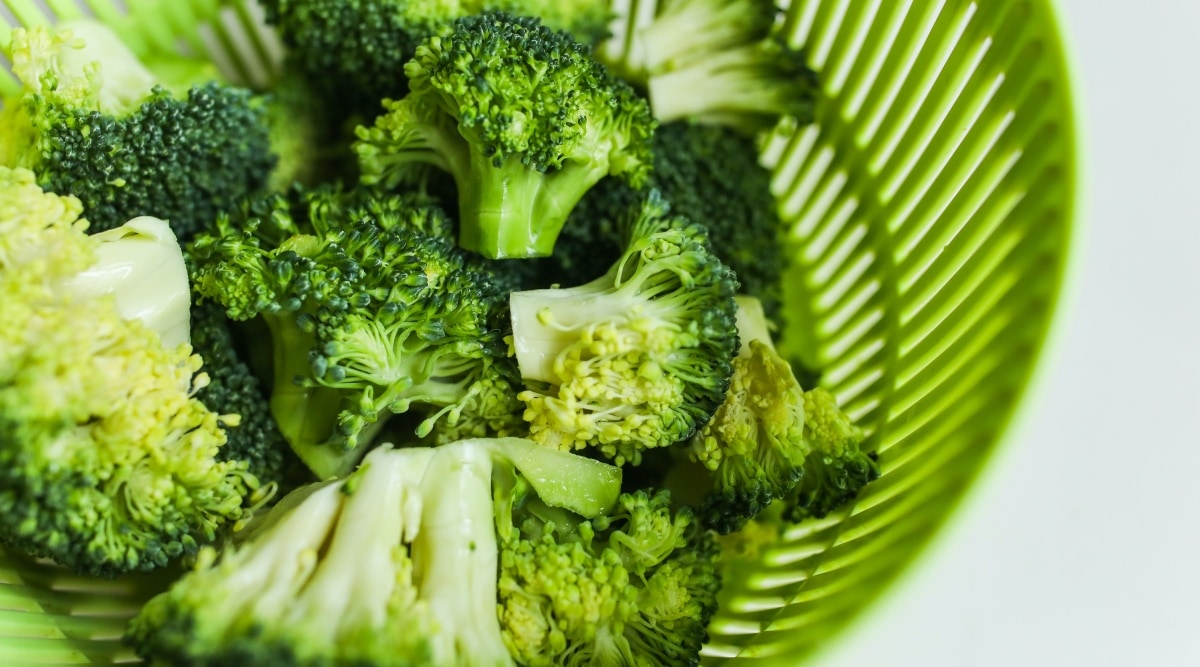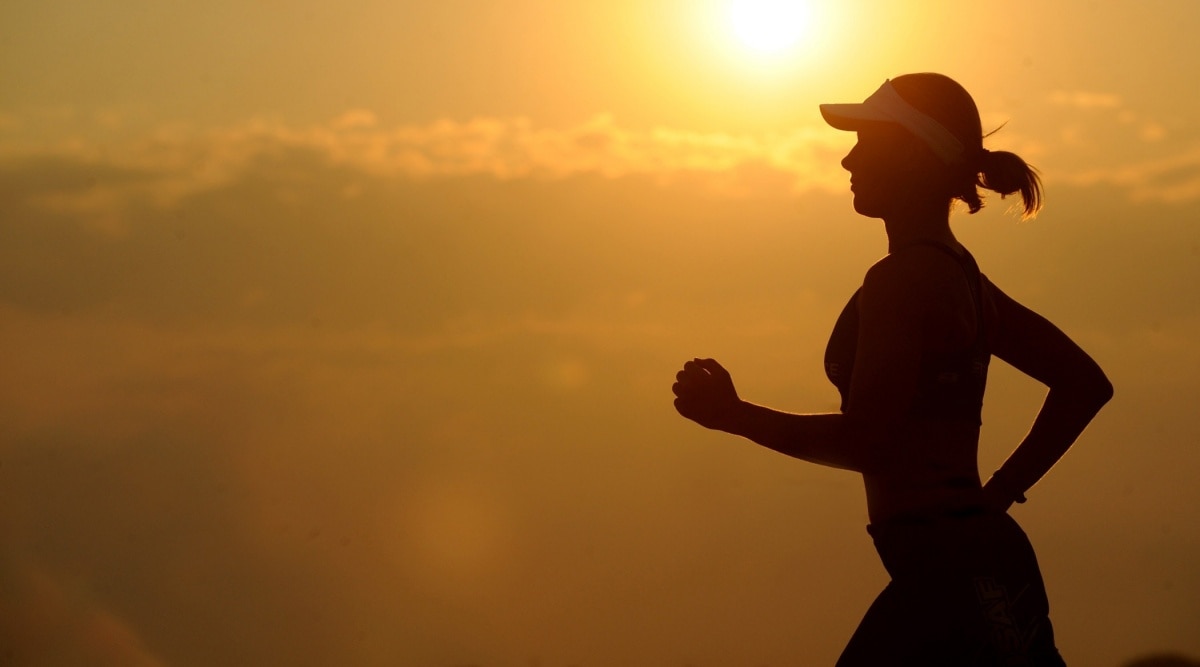In a hurry It is one of the easiest and most accessible exercises. Its features are dynamic, with a positive impact on the heart, brain, muscles, bones, etc. It also serves as a means of losing weight, feeling energetic, or just having a good time, making it a great exercise for overall health.
But, as with any new habit that involves a lot of physical activity, runners also need to make certain dietary modifications that not only help maintain the habit, but also improve performance. Running is recognized as a high impact exercise, which means that when you run, your foot supports around three times your body weight with each step, which puts pressure on your bones, said Vikas Singh, CEO and founder of fitpage.
“One way to mitigate such stressors is to meet your nutritional needs by getting the right amount of calcium in your diet,” he said.

Bone health in female runners
Almost all or 99 percent of all calcium is stored in bones and teeth, highlighting the importance of calcium in bone health. Menstruation, pregnancy and menopause add greater importance to calcium needs, which tend to increase as you age or work to improve your performance.
There is also an increased risk of osteoporosis in those who regularly engage in high-impact exercise such as running. Osteoporosis indicates compromised bone health, in which bones become weak and brittle to the point that the simple act of running can also cause a fracture. And the chance of developing osteoporosis increases if you train more than seven hours a week, Singh said.
Female runners and calcium needs
Your body stores calcium by depositing the mineral during the first 25 years of your life. However, this ‘bone bank’ stops depositing calcium when you turn 30 and begins to take advantage of stored calcium.
Calcium requirements in women:
*An adolescent, ages 14-18, needs 1,300 mg of calcium per day through the daily diet and supplements.
*An adult, between 19 and 70 years old, needs 800mg-1000mg of calcium per day.
*The calcium needs of a pregnant and lactating woman increase during this period to more than 1,300 mg of calcium per day.
*Older people, over 70 years of age, also require higher amounts of calcium, up to 1,300 mg per day.
As a runner, your calcium needs are likely to be higher than average, between 1,000 mg and 1,500 mg, depending on your fitness goal.
*If you are running to lose weight and you’re following a calorie-deficit diet, you probably don’t get enough calcium from your daily meals.
*While running, you tend to sweat and therefore lose calcium.
*If you are a vegetarian or vegan, your meals are less likely to provide adequate amounts of calcium.
What foods are good sources of calcium?
Of all the harmful effects associated with calcium deficiency in female runners, the injury is the most noticeable and painful. An increased need for calcium is imperative, so let’s dig into foods rich in the mineral.
Milk, cheese, and yogurt are excellent sources of calcium. Sardines and salmon (with bones) are the second best sources of dietary calcium.
Vegetables such as amaranth, agathi leaves, bok choy, kale, and broccoli it can also help contribute to your daily calcium intake. Also, fruits like oranges and figs contain small amounts of calcium. Lastly, items like soy, tofu, and oatmeal can help boost your calcium supply.

supplements
Turn to supplements only if you can’t meet your calcium needs through your diet. “Supplements can be a reliable source, but it is recommended that you consult your doctor or dietitian first,” Singh said.
*Consider calcium carbonate, since its absorption does not depend on food.
*Avoid taking calcium supplements with a large portion of salad, as large amounts of oxalic acid in vegetables can affect calcium absorption.
*Another compound that can reduce calcium absorption is caffeine, so avoid taking your supplements right after your cup of coffee or tea.
* Do not mix your iron supplements with calcium. Both minerals use the same binding site, and this can affect iron absorption. Take them at least two hours apart.

Consuming adequate amounts of calcium through the diet is often overlooked, in part because deficiency is only felt later in adult life, when the body begins to use bone stores of calcium. Therefore, it is important to eat a balanced diet and start meeting your calcium needs today!
📣 For more lifestyle news, follow us on Instagram | Twitter | Facebook And don’t miss the latest updates!
!function(f,b,e,v,n,t,s)
{if(f.fbq)return;n=f.fbq=function(){n.callMethod?
n.callMethod.apply(n,arguments):n.queue.push(arguments)};
if(!f._fbq)f._fbq=n;n.push=n;n.loaded=!0;n.version=’2.0′;
n.queue=[];t=b.createElement(e);t.async=!0;
t.src=v;s=b.getElementsByTagName(e)[0];
s.parentNode.insertBefore(t,s)}(window, document,’script’,
‘https://connect.facebook.net/en_US/fbevents.js’);
fbq(‘init’, ‘444470064056909’);
fbq(‘track’, ‘PageView’);
.
